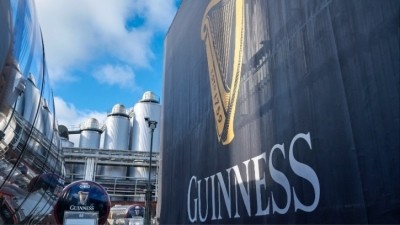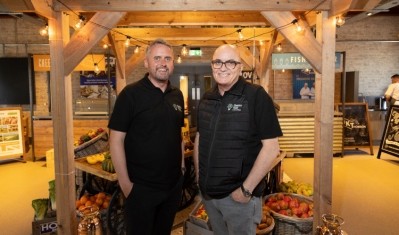News
Compleat Food Group publishes its first ESG report

The report highlighted the company’s key achievements in the past year, including the establishment of a new approach to reducing emissions at a product level, which it claimed has never been used by a UK chilled food company before.
By carrying out a full life cycle analysis, Compleat can make targeted reduction ion environmental impact through existing product development reformulations.
The group’s net zero carbon emissions targets have also been validated by the Science Based Targets initiative, which will help them to keep global temperature increases below 1.5°C.
ESG goals
Both its work to cut down waste on a product level and its freshly validated emissions targets form the backbone of Compleat’s ESG goals, which include becoming a net zero business by 2035 for its own operations and by 2040 for its value chain.
David Moore, head of ESG at The Compleat Food Group, described the future success and achievements of the business as being inextricably linked to its approach to ESG.
“This year has been extremely important for us on our journey to reach our ESG goals, developing comprehensive new strategies for a range of issues including decarbonisation, biodiversity, human rights and community investment, as well as improving data systems so we can report on our progress with greater accuracy,” said Moore.
Social value
Compleat has also taken steps towards scaling its social value tenfold by 2035. To this end, the manufacturer has donated one million meals to food redistributor FareShare and has raised more than £150,000 for other local charities.
What is social value?
The positive impact created for society by the actions and legacy of an organisation or individual.
“We’re pleased with what we have accomplished so far and although there’s still lots of work to be done, we’re confident we’ll achieve and exceed our ambitious targets, as we deliver on our mission to create Food to Feel Good,” Moore added.
Meanwhile, Mark Lumsdon Taylor, partner and head of sustainability for ESG at MHA, outlines the benefits of integrating ESG commitments into a lean food manufacturing model.
















